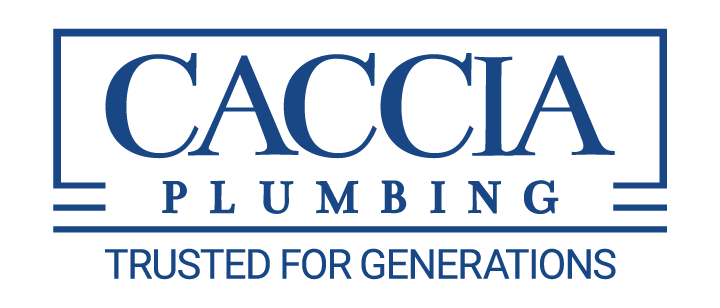Homeownership has numerous essential advantages – being part of a community, building equity, and budgetary security. It’s energizing to at long last claim your own space, yet it can likewise be nerve-wracking because of the sheer size of the exchange. It is essential to ensure that you can understand is the best approaches to utilize your new home further bolster your good fortune on your government forms.
There are ongoing changes to the tax code, but in 2018 the Tax Cuts and Jobs Act (TCJA) significantly changed what tax reductions may be accessible for you. However, if your primary mortgage began before December 15, 2017, the TCJA’s changes won’t apply to you until 2025.
Mortgage Interest Deduction
The home mortgage interest deduction is most likely the best-realized tax break for property holders. It allows a homeowner with a mortgage payment to deduct all the interest you pay toward your home loan with a couple of exemptions, including these enormous ones:
- Your new home loan can’t be more than $750,000-previously $1,000,000
- Married couples filing separately can each deduct interest up to $375,000-previously $500,000
- Deductions on a second mortgage and home equity line of credit (HELOC) are not allowed-previously $100,000
The motivation behind this is to help individuals in lower-income brackets bear the cost of their new home. Since it is an expense credit, this advantage works by diminishing the measure of duty you owe. The sum depends on budgetary need and the amount of the home you are purchasing.
State and Local Property Tax Deductions
Property taxes are one of the numerous worthwhile tax breaks for first-time homebuyers. This sort of assessment credit for purchasing a house works along these lines: You can deduct property taxes paid throughout the year. On the off chance that you buy a home halfway through the assessment year, you can guarantee all expenses paid from the date of offer forward. For 2018-2025, the TCJA has updated the itemized deduction limits for state and local property taxes State and local property taxes are generally deductible. The total deduction allowed for all state and local taxes including real property taxes is $10,000 (or $5,000 if filing separately).
Renewable Energy Credits
You can take advantage of the Renewable Energy/ Investment Tax Credit (ITC). This is a credit for utilizing renewable energy to power devices like solar water heaters, geothermal heat pumps, wind energy devices, renewable energy fuel cells, etc. solar-powered, and wind energy device, and geothermal vitality sources, including solar-powered water radiators.
The Renewable Energy Tax Credit can be utilized to deduct 30% of the cost of development for solar oriented, wind, energy unit and geothermal gear at your home.
This tax credit should be taken advantage of early since the tax credit will slowly decline to from 30% currently to 10% in 2022. The tax credit is generated at the time the qualified renewable energy project is placed in service.
Penalty-Free IRA Payouts
Setting aside extra cash for renovations, and closing costs is a noteworthy thought for a great many people when they’re preparing to purchase a home. If you have an IRA or other tax-free growth or tax-deferred retirement investment account, you have the option to utilize a portion of your IRA to help pay for your first home. Since these funds are intended to be utilized when you reach the age of 60, there are typically expenses related to early withdrawals.
For home purchases, you can take up to $10,000 from your IRA without penalty to purchase a home, but you will still have to settle regulatory obligations on the cash. Your significant other also can withdraw $10,000 from their IRA for the same purchase.
If the IRA is a Roth IRA, there are a few specific conditions:
- The account has been opened for more than 5 years
- The withdrawal amount is $10,000 or less
- The funds must be used directly towards the home purchase (down payment, closing costs, etc)
If the 3 conditions are met, the $10,000 or less withdrawal will count as a qualified distribution, and you will avoid paying income tax and early withdrawal fees.
Capital Gains Exclusion
When it is time to sell your home for work, additions to the family, or to lock in gains, there are a few ways to potentially minimize your tax bill.
According to the IRS, any capital gains less than $250,000 for single or $500,000 for married couples will not incur any capital gains.
There are 3 criteria that must be met to be eligible to be excluded from incurring capital gains up to $250,000 / $500,000.
- Frequency: You have not have excluded capitals gains on another home sale inside two years of this one.
- Primary Residence: The home must have been used as your primary residence for at least 2 of the 5 years before the sale of your home.
- Ownership: You must have owned the house for at least 2 years during the 5 years prior to the sale of the home.
Home ownership can be fantastic but complicated. Understanding the tax laws and keeping great records can help you save on your home purchase, ownership, and sale. We always recommend that you consult a certified expert to help you best navigate through any in-depth tax inquiries.

